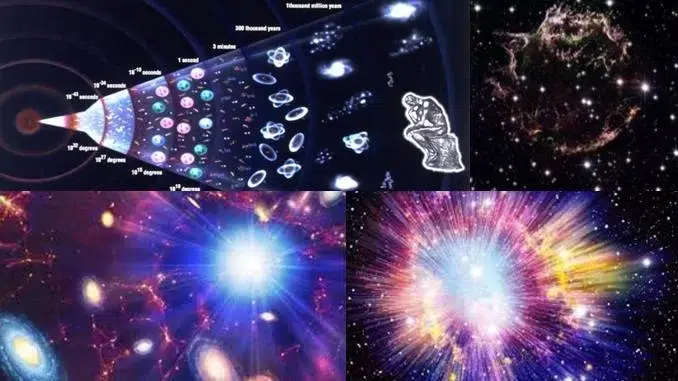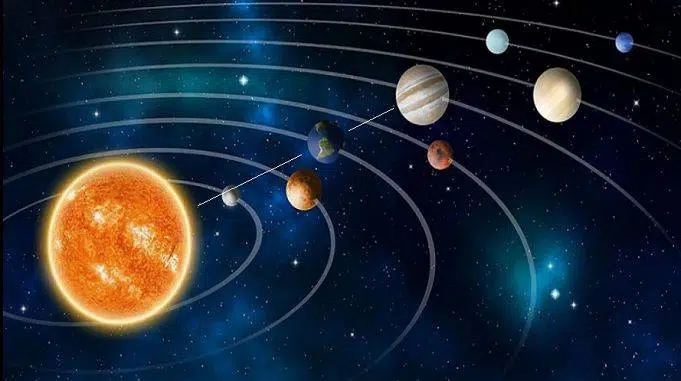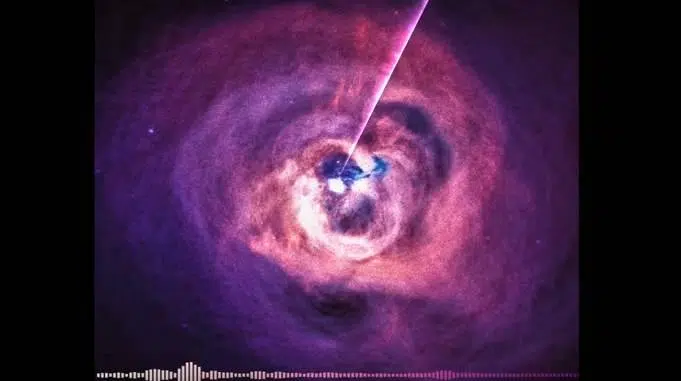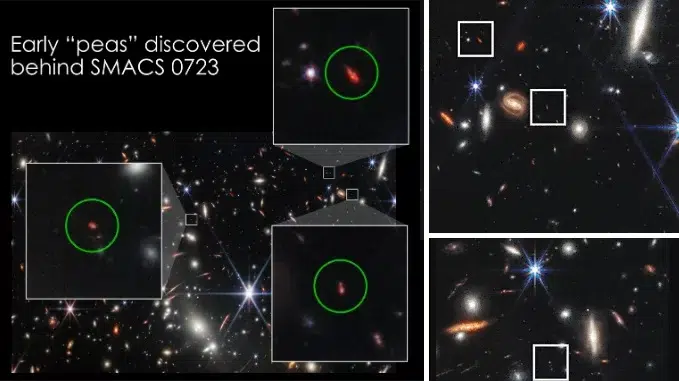
Introduction of Big Bang Theory and Origin of Life
Big Bang Theory in Science and Origin of Life – How life was created after the Big Bang? – The Big Bang theory and the mystery of how life on Earth started have attracted scientists for decades.
The Big Bang theory describes the expansion of the universe from an incredibly hot and dense state around 13.8 billion years ago. It explains how matter and energy were created and how they evolved over time to form stars, galaxies, and the structures of the universe that we observe today.
While the Big Bang theory is not directly related to the origin of life on Earth, it does provide a framework for understanding the conditions that existed in the early universe that may have contributed to the formation of life. The Big Bang theory provides a framework for understanding the development of the universe from its early moments until the present day.
Discovery of Cosmic Microwave Background (CMB)
The Big Bang Theory, developed in 1927 is widely accepted in the scientific community as the most credible scientific explanation for the origin of the Universe. Evidence for this includes the discovery of the cosmic microwave background (CMB), which provided further evidence for the Big Bang [See “Evidence for the Big Bang Theory | PBS LearningMedia“].
To support the Big Bang Theory, scientists provide evidence that the universe is expanding, the cosmic microwave background radiation is consistent with the Big Bang, and the abundance of light elements (hydrogen, helium, and lithium) is consistent with the Big Bang.
Additionally, the cosmic background radiation has been detected in all directions, indicating an origin from a single event that spread outward. By studying this radiation, scientists have been able to infer the composition of the early universe, with its physical properties, such as density and temperature. This radiation is also evidence of the Big Bang because it is believed to be the leftover energy from that initial event.
Further, the fact that the universe is expanding is also explained by the Big Bang Theory. In particular, the Hubble expansion of galaxies tells us that all of space is expanding away from a single point, indicating a single origin from an initial event. Overall, the Big Bang Theory is supported by the evidence that the universe is expanding, the cosmic background radiation, and the abundance of light elements.
A new study by the researchers of UWA (University of Western Australia)
According to new research from the University of Western Australia, researchers have also recently found new evidence that suggests the conditions that resulted from the Big Bang were different from what we thought, challenging our understanding of the Big Bang theory and how life formed.
According to Researchers Professor Snezhana Abarzhi and Ms. Annie Naveh from UWA’s Department of Mathematics and Statistics, it was interesting to see the complexity of how the Universe might have been formed.
“Human beings essentially started as hydrogen atoms and energy, swirling around to create other chemicals and these interactions resulted in life,” she said. “The creation of life on Earth will always fascinate and challenge us, leaving more questions than answers, but this latest research brings us one step closer to understanding how we came to exist.”
How exactly life on Earth may have originated
However, there is still much debate about how exactly life came about. While the primordial soup hypothesis remains popular, it is flawed due to a lack of evidence for water vapor in the early Earth’s atmosphere. Other theories, such as directed panspermia, have been proposed, but are not currently supported by science.
Scientists have proposed several theories for how life on Earth may have originated, such as the “RNA world” hypothesis, which suggests that life may have started with self-replicating RNA molecules, or the idea that life may have started near hydrothermal vents on the ocean floor. However, these theories are still being studied, and none of them have been definitively proven.
Big Bang Theory and Origin of Life
Big Bang theory does not provide an explanation for the origin of life on Earth. The origin of life is a complex question that is still being studied by scientists, and there is currently no consensus on how life first emerged.
In short, the Big Bang theory and the origin of life on Earth are separate topics of study. While the Big Bang theory provides a framework for understanding the evolution of the universe, it does not provide a direct explanation for the origin of life.
The question of how life originated on Earth is a complex one that is still being studied by scientists, and while there are many theories, there is currently no definitive proof of any one particular theory.
Ultimately, it is not yet possible to fully prove that life originated from the Big Bang theory. The Big Bang Theory is a scientific explanation for the origin and evolution of the universe, but it does not provide a direct explanation for the origin of life.
Read in Hindi – Unsolved mysteries of the Universe and its origin
Copyrighted Material © 2019 - 2024 Prinsli.com - All rights reserved
All content on this website is copyrighted. It is prohibited to copy, publish or distribute the content and images of this website through any website, book, newspaper, software, videos, YouTube Channel or any other medium without written permission. You are not authorized to alter, obscure or remove any proprietary information, copyright or logo from this Website in any way. If any of these rules are violated, it will be strongly protested and legal action will be taken.




Be the first to comment